Gopabandhu Mohapatra
Happiness is a journey, not a destination. We need to be happy during our journey.
Happiness generally suggests a feeling of great pleasure, contentment and glad implies more strongly an exultant feeling of joy. Both happy, glad are commonly used in merely polite formulas expressing gratification. Happy implies more strongly on jubilant feeling of joy, but both glad and happy, joyful, joyous, delight and rejoicing are matter of usual temperament. Some define it to mean long-term satisfaction. We know happiness can predict health and longevity, and happiness scales can be used to measure social progress and the success of public policies.
But happiness isn’t something that just happens, you have to work a little harder to train your brain to conquer negative thoughts. When you are in a negative cycle, acknowledge it. Treat yourself like a friend. When you are feeling negative about yourself, ask yourself what advice would you give a friend and try to apply that advice to you. One soldier lost both of his legs in an explosion while serving in the border. Some people ask how you stay so positive after losing your legs. The answer is how they stay so negative when they have both of their legs.
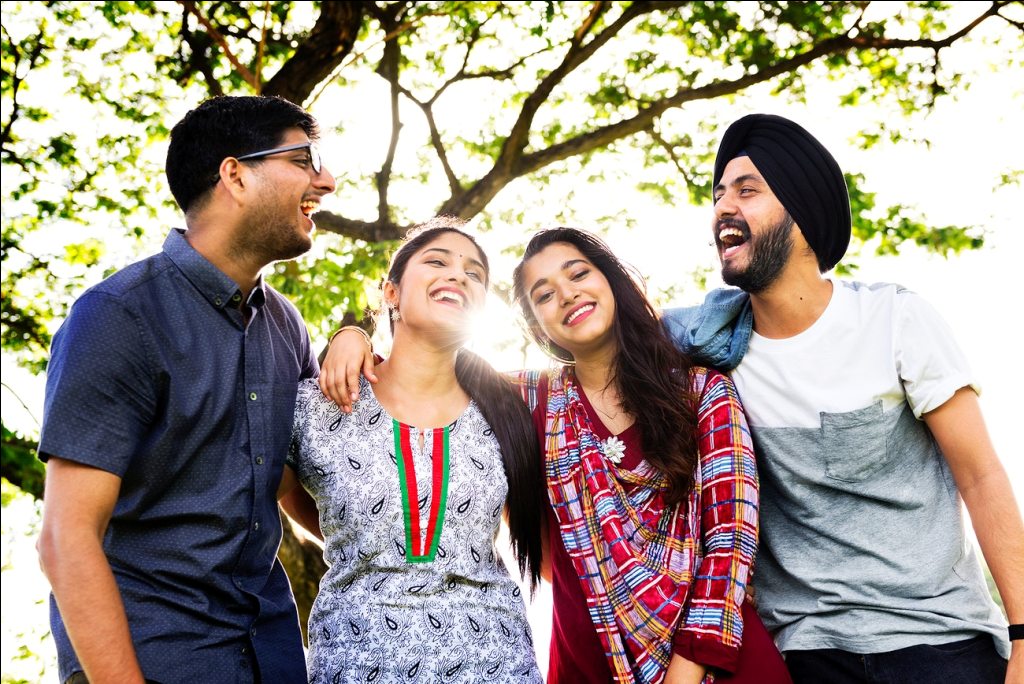
Close relationships, more than money or fame, are what keep people happy throughout their lives. We can all take steps to be a good friend. They tend to attract healthy community, but relationships hold the key to happiness. We don’t need to be reminded to pursue our own self-interests. We pursue self-survival, self-promotion, self-actualization, and self-exaltation as if it is in our blood.
Our lives are filled with days, our days are filled with hours, and this present hour is filled with whatever you choose to fill it with. To get happiness, pursue healthy habits that add value to your hours, days, and lifetime. Spend your time, eat healthy, exercise regularly, quit smoking, put down your cell phone, work hard, pray often, and get enough sleep.
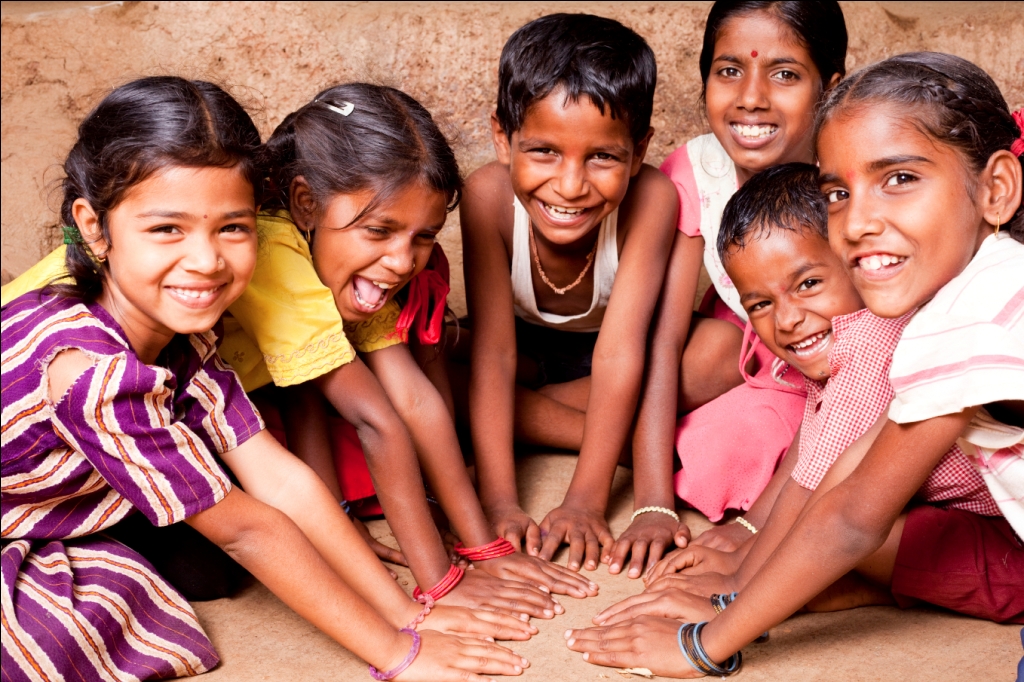
But the most efficient pathway to lasting happiness and fulfilment of own interests and interests of others, is when we serve others without concern over what we might receive in return. We experience the beauty of selfless love. It is not a small thing that happiness is pursued by so many.
A scientific controversy about the relationship between meaning and happiness raises fundamental questions about how to live a good life. It raises big questions about what happiness actually means. While there may be more to life than happiness, there may also be more to “happiness” than pleasure alone.
It is gratitude and generosity. Another great example of attaining and maintaining happiness is by expressing your gratitude. Happiness is near impossible if you are selfish about it. Think of the human rights activist, who fights oppression but ends up in prison, is he/ she happy?
Happiness is a choice. We have got the choice, on how we want to live our life. It comes from within. Once we have understood and accepted that happiness comes from within, it is not impossible to be happy even during the toughest of times because we already know how we should hold on to those good times and chase all the bad away.

It is found that a meaningful life and a happy life often go hand-in-hand, but not always. What brought meaning to one’s life but not happiness, and what brought happiness but not meaning. The findings suggest that meaning is not connected with whether one is healthy, has enough money, or feels comfortable in life.
Happy people satisfy their wants and needs, but that seems largely irrelevant to a meaningful life. Therefore, health, wealth, and ease in life were all related to happiness, but not meaning. Happiness involves being focused on the present, whereas meaningfulness involves thinking more about the past, present and future and the relationship between them.
Meaningfulness is derived from giving to other people; happiness comes from what they give to you. Although social connections were linked to happiness and meaning, yet happiness was connected more to the benefits one receives from social relationships, especially friendships, while meaningfulness was related to what one gives to others. Spending time with friends was linked to happiness more than meaning, whereas spending more time with loved ones was linked to meaning but not happiness.
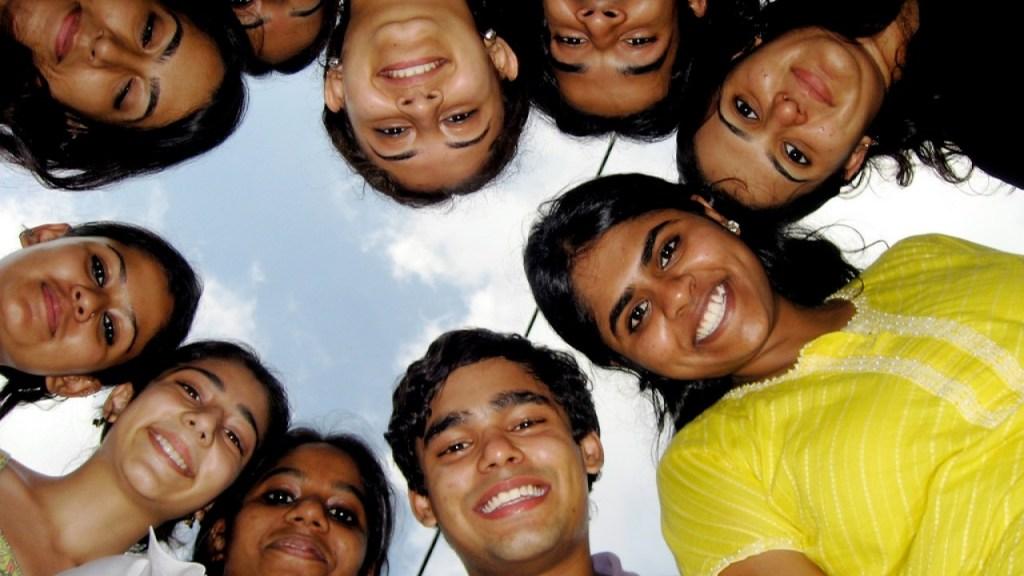
One of the more surprising findings from the study was that giving to others was associated with meaning, rather than happiness while taking from others was related to happiness and not meaning. If we just look at helping others, the simple effect is that people who help others are happier. But when you eliminate the effects of meaning on happiness and vice versa, then helping makes people less happy, so that all the effect of helping on happiness comes by way of increasing meaningfulness.
What is happiness anyway? In general, parents were happier and more satisfied with their lives than non-parents, and parents found both pleasure and meaning in childcare activities. It gives you meaning in life, it gives you goals to pursue. It can make you feel more connected in your relationships. You can’t really talk about happiness without including all of them.
Is there happiness without pleasure? “Well being happiness” is the happiness that comes from meaningful pursuits, and “pleasant happiness”, is the happiness that comes from pleasure or goal fulfilment. Having a meaningful life contributes to being happy and being happy may also contribute to finding life more meaningful. Chances are that you’ll also find pleasure and happiness, along the way. Perfect happiness, enlightenment, comes when you have all of your needs satisfied.
Nothing will make us happy until, we choose to be Happy. It doesn’t really matter the circumstances in our life, we have still got the choice to live an unhappy life, at the mercy of our emotions, events etc., which could be quite miserable sometimes, or we can choose to live a happy life, be a happy person, whatever the circumstances are, the choice is ours.
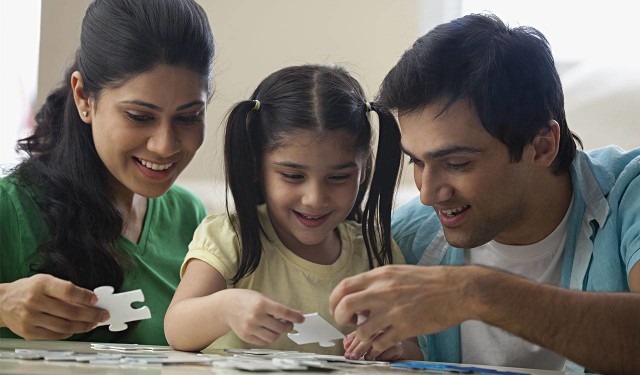
Nothing good in life comes easy – happiness is no exception. Happiness is a state of one’s mind. We do not look for it. We do not even have to chase it. Happiness, in truth, lies within ourselves starting from us and ending at us.
Happiness, true happiness, is an inner quality. It is a state of mind. If your mind is at peace, you are happy. If your mind is at peace, but you have nothing else, you can be happy. If you have everything the world can give – pleasure, possessions, power – but lack peace of mind, you can never be happy.











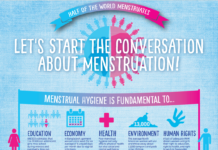










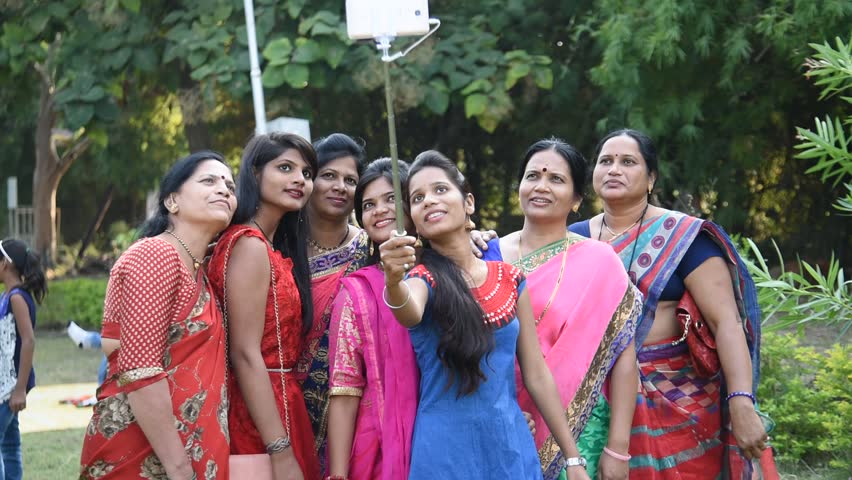
Very nice article about Happiness.This article in itself gives the positive vibes and makes the reader happy.Now a days it has become very important to be happy as we all are living in a stressful environment,where people fighting with depressions.And the depression has increased the suicide rates too,which is to be considered.Every person has a different state of minds and emotions as well.Today Happiness has become a hot topic for the motivational speakers to motivate people.It is very strange to know that the person having everything say a billionaire,is not happy with himself or inside but a person having very less is happy.so we can say it’s a state of mind game to be happy.At last what matter is not how much you have,but how much happy you are.So be HAPPY
Thoughtful as it meanders it’s way in an Upanisadik questioning along the stream of choice which has to opposite Banks namely “happiness” and “meaningfulness”. Wish the authour a happy journey in the realm of thought.
Happiness is a state of mind which comes from within yourself. We all have happiness inside ourselves. But, it is often covered by several layers of negative emotions we take from the situations around us.